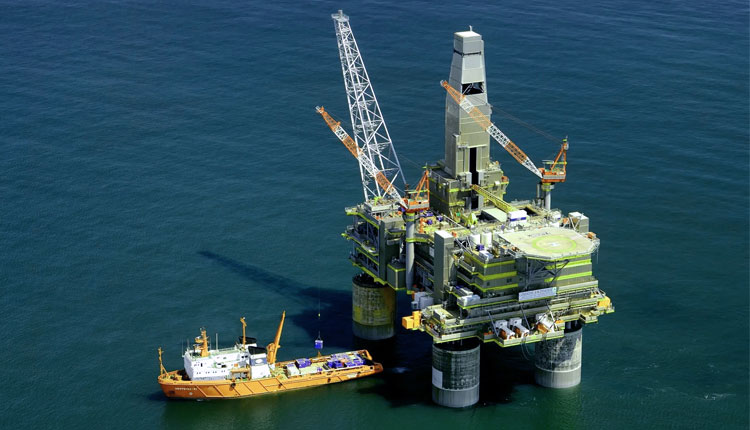Nearly a decade after the Gulf of Mexico oil spill, the offshore oil industry remains notoriously dangerous. Accidents on oil rigs threaten human life, cost billions in damage repair and leave irreversible effects on the environment.
To help reduce the risk of accidents, some oil rigs are sending their human workers ashore and turning to automation. Here, John Young, APAC director for global automation parts supplier EU Automation, looks at how robotics are making the offshore oil industry safer.
The Gulf oil spill is perhaps one of the most well-known oil rig disasters to ever occur. On 20 April 2010, the oil rig exploded and sank into the ocean. The incident was caused by a well integrity failure, which meant the pressure of the fluid inside the well was uncontrolled, causing hydrocarbons to rapidly shoot up and ignite.
Eleven crew members were killed as a result, 17 severely injured and all mentally scarred from the horrific ordeal. The effects on the surrounding environment were equally catastrophic, with an estimated 3.19 million barrels of oil spilled into the Gulf.
Impeded progress in oil rig safety
Accidents such as these are devastating and highlight the need for safety improvements. The Gulf oil spill triggered a massive investigation into oil rig safety culture, with a number of reforms made to tighten requirements of building structures, workplace safety and company liability.
Each accident is a lesson, but the learning process can be slow. Progress has been impeded by this reactive, rather than proactive approach to safety. Well thought-out measures must be taken to prevent accidents from occurring, rather than trying to minimise their impact afterwards. Thinking about safety in a preventative way will undoubtably reduce accidents and save more lives, and this is where automation can step in to help.
Introduction of robots
In recent years, robotics have helped to transform the oil rig safety. In an industry first, 2018 saw a robot sent out to an offshore oil rig in the North Sea, where it carried out visual inspections and detected gas leaks.
Less than a year later, the first fully automated offshore oil and gas platform began operation. The facility is completely unmanned with no human facilities and runs almost entirely using remote control, only needing one or two maintenance visits a year. Other developments include robots that can stay permanently underwater to carry out complex inspection and maintenance tasks.
Maintenance and repair
While offshore robots are largely independent, human operators still keep a watchful eye on land. Operators can control the robots’ actions, prevent errors and predict what could go wrong. If a robot breaks down, it could severely disrupt the entire process and place the safety of the entire rig in jeopardy. Therefore, it is important to continuously monitor robots to forecast faults before they occur.
Effective predictive maintenance can help reduce the risk of breakdown, which can be carried out by placing a network of sensors onto offshore automation and monitoring health and productivity via a programmable logic controller (PLC). Having replacement parts ready for quick dispatch plays a vital role in this maintenance strategy, which is why it’s important to have a relationship with an industrial parts supplier.
However, with the development of robots progressing rapidly, some replacement parts may no longer be manufactured. Replacing an entire robot when a part becomes faulty is neither cost nor time effective. EU Automation supplies new, reconditioned and obsolete industrial parts, meaning a solution can be found for any situation. Additionally, many items can be shipped within 24 hours, meaning minimal disruption is caused to the oil rig.
While deploying robots to offshore locations helps reduce the risk of deadly malfunctions, having a set of human eyes on the oil rig’s activity is just as crucial. Closely monitoring offshore automation and being prepared for its potential breakdown will help keep the liquid gold from spilling anywhere is shouldn’t, while maximising productivity.

